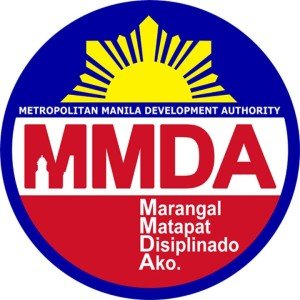With the escalating problems on traffic everyday. The Metro Manila Development Authority (MMDA) is leaving no stone unturned.
Slow-moving funeral corteges or processions will no longer be allowed along major thoroughfares in Metro Manila as part of the initiative of the Inter-Agency Council on Traffic (i-ACT) to improve the traffic condition in the metropolis.
The Metropolitan Manila Development Authority (MMDA), a member agency of i-ACT, today announced that the banning of slow-moving funeral procession or convoy on major roads is being enforced to prevent traffic buildup on busy streets.
MMDA General Manager Tim Orbos agreed with the funeral services industry in a meeting held yesterday on the consensus in the use of major roads in Metro Manila. He said some of the agreements the i-ACT agreed upon after consultation with funeral transport service providers are as follows;
– Once the funeral convoy leaves the funeral parlor, it shall proceed at normal traffic speed.
– The hearse and its convoy shall obey traffic rules. The convoy shall stop or gets cut once the traffic signal turns red. No stopping of traffic to allow the hearse and its convoy to pass.
-For those requiring walks, as per tradition/culture, designated walk areas will be identified based on the assessment of funeral parlors.
The funeral services industry players understand and recognize the need to ease the traffic condition in the roads, the MMDA official said.
Orbos said that the agreements on funeral procession are now being enforced until the end of the year and will be re-assessed and fine-tuned and recalibrated.
“Member –agencies of the i-ACT are continuously exploring and consulting every sector of society because we believe that we need not only the active participation of government but also of the private entities as well to come up with traffic solutions,” Orbos said.
I-ACT is composed of the Department of Transportation, MMDA, Philippine National Police-Highway Patrol Group, Land Transportation Office, and Land Transportation Franchising and Regulatory Board.
Words by Ricky Velasco
 Power Wheels Magazine A Notch Above
Power Wheels Magazine A Notch Above

